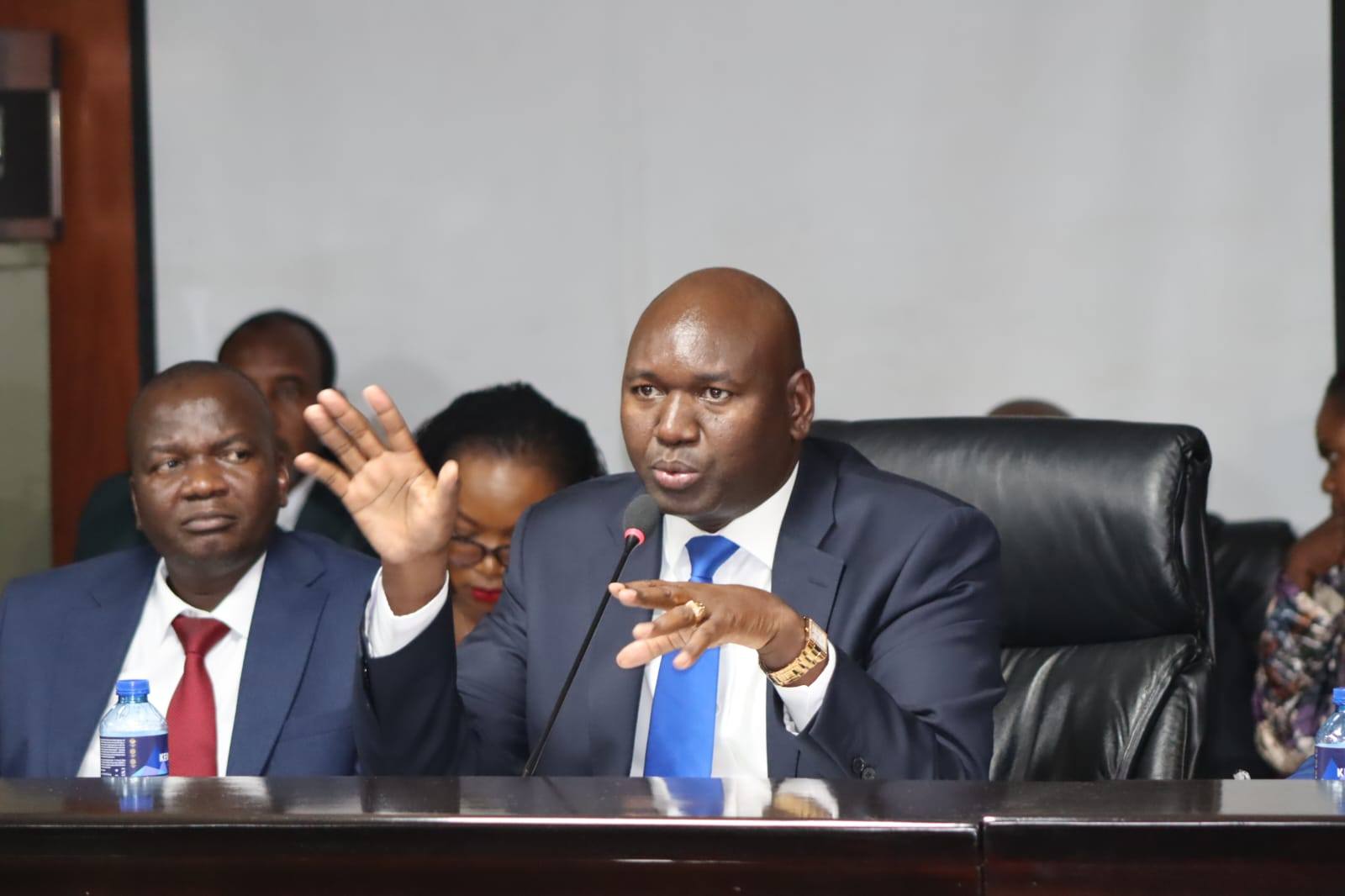Kenyans applying for public sector jobs will now face more rigorous checks on their academic and professional credentials.
This move is part of the government’s intensified crackdown on the use of fake certificates, as a new multi-agency task force is being established to accelerate investigations and prosecutions related to forged documents.
This team will include key institutions such as the Office of the Director of Public Prosecutions, the Ethics and Anti-Corruption Commission (EACC), the Directorate of Criminal Investigations, the Kenya National Examinations Council, and the Kenya National Qualifications Authority.
“My office shall endeavour to bring together relevant agencies to form an ad hoc task force to coordinate investigations and prosecutions of persons involved in making of forged documents,” Head of Public Service Felix Koskei said.
ALSO READ:
Parliament demands clear policy from Teachers’ Medical Cover Providers.
These measures follow increasing concerns from the public about unqualified individuals holding influential roles in government offices, often due to inadequate vetting or corruption. Reports also indicate that civil servants and staff in public universities are among the main culprits using forged academic documents.
Koskei emphasized that the falsification of credentials poses a serious threat to meritocracy, professionalism, and public trust in institutions.
He referenced a 2014 directive from the Public Service Commission requiring all public bodies to verify the academic and professional documents of their staffs where the preliminary results from this process revealed troubling findings.
“Of the 53,000 cases referred to the Kenya National Examination Council by 91 public institutions, 1,280 certificates were confirmed as forgeries,” said Koskei.
ALSO READ:
KNUT demands transfer of West Pokot education director over alleged mismanagement
He added: “In 195 Ministries, Departments, and Agencies (MDAs) including universities and other tertiary institutions, 29,000 officers underwent certificate of authentication and 787 officers were found to have secured appointments, promotions or re-designation through fraudulent documents,” he added.
Koskei made these remarks during a one-day ethics and integrity conference held in Nairobi, hosted by the EACC under the theme “Enhancing the Integrity of Academic and Professional Qualifications in Kenya.” The event seeks to build cross-sectoral consensus on tackling the issue, evaluate the current situation, and address the root causes and consequences of the problem.
EACC CEO Abdi Mohamud reported that since 2022, the commission has received 549 cases of forged credentials. Of these, 134 investigations have been completed, 85 files forwarded to the Director of Public Prosecutions, and 33 are currently in court. So far, 20 cases have concluded with 13 convictions and 7 acquittals.
By Cornelius Korir
You can also follow our social media pages on Twitter: Education News KE and Facebook: Education News Newspaper for timely updates.
>>> Click here to stay up-to-date with trending regional stories
>>> Click here to read more informed opinions on the country’s education landscape






